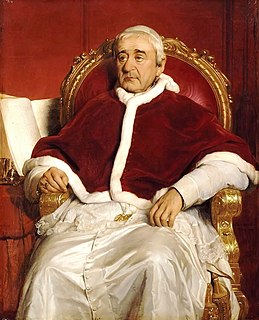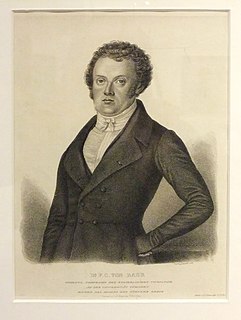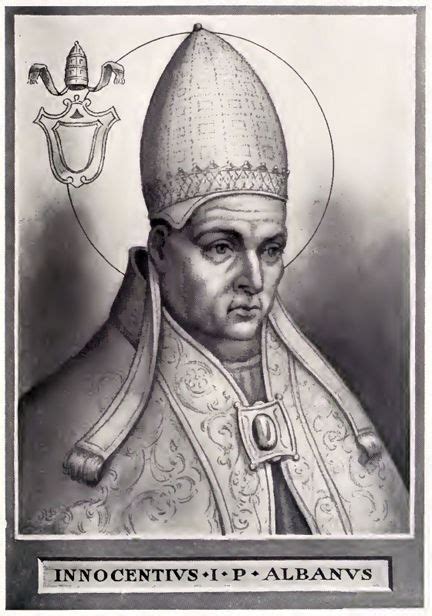A Quote by Pope Leo XIII
It is not the part of prudence to neglect that which antiquity in its long experience has approved and which is also taught by apostolic authority.
Related Quotes
We are here speaking in open disapproval of that false system of philosophy, not so long ago introduced, by which, because of an extended and unbridled desire of novelty, truth is not sought where it truly resides, and, with a disregard for the holy and apostolic traditions, other vain, futile, uncertain doctrines, not approved by the Church are accepted as true, on which very vain men mistakenly think that truth itself is supported and sustained.
The world is filled with the proverbs and acts and winkings of a base prudence, which is a devotion to matter, as if we possessedno other faculties than the palate, the nose, the touch, the eye and ear; a prudence which adores the Rule of Three, which never subscribes, which never gives, which seldom lends, and asks but one question of any project,--Will it bake bread?
What kind of authority can there be for an 'Apostle' who, unlike the other Apostles, had never been prepared for the Apostolic office in Jesus' own school but had only later dared to claim the Apostolic office on the basis of his own authority? The only question comes to be how the apostle Paul appears in his Epistles to be so indifferent to the historical facts of the life of Jesus....He bears himself but little like a disciple who has received the doctrines and the principles which he preaches from the Master whose name he bears.
As to those other things which we hold on the authority, not of Scripture, but of tradition, and which are observed throughout the whole world, it may be understood that they are held as approved and instituted either by the apostles themselves, or by plenary Councils, whose authority in the Church is most useful, e.g. the annual commemoration, by special solemnities, of the Lord's passion, resurrection, and ascension, and of the descent of the Holy Spirit from heaven, and whatever else is in like manner observed by the whole Church wherever it has been established.
[Prudence] is the virtue of that part of the intellect [the calculative] to which it belongs; and . . . our choice of actions will not be right without Prudence any more than without Moral Virtue, since, while Moral Virtue enables us to achieve the end, Prudence makes us adopt the right means to the end.
This is one of the results of that adventurous spirit which is now stalking forth and raging for its own innovations. We have not only rejected AUTHORITY, but have also cast away EXPERIENCE; and often the unburthened vessel is driving to all points of the compass, and the passengers no longer know whither they are going. The wisdom of the wise, and the experience of ages, may be preserved by QUOTATION.
Christ is the Master; the Scriptures are only the servant. The true way to test all the Books is to see whether they work the will of Christ or not. No Book which does not preach Christ can be apostolic, though Peter or Paul were its author. And no Book which does preach Christ can fail to be apostolic, although Judas, Ananias, Pilate, or Herod were its author.
If a man of good natural disposition acquires Intelligence [as a whole], then he excels in conduct, and the disposition which previously only resembled Virtue, will now be Virtue in the true sense. Hence just as with the faculty of forming opinions [the calculative faculty] there are two qualities, Cleverness and Prudence, so also in the moral part of the soul there are two qualities, natural virtue and true Virtue; and true Virtue cannot exist without Prudence.































